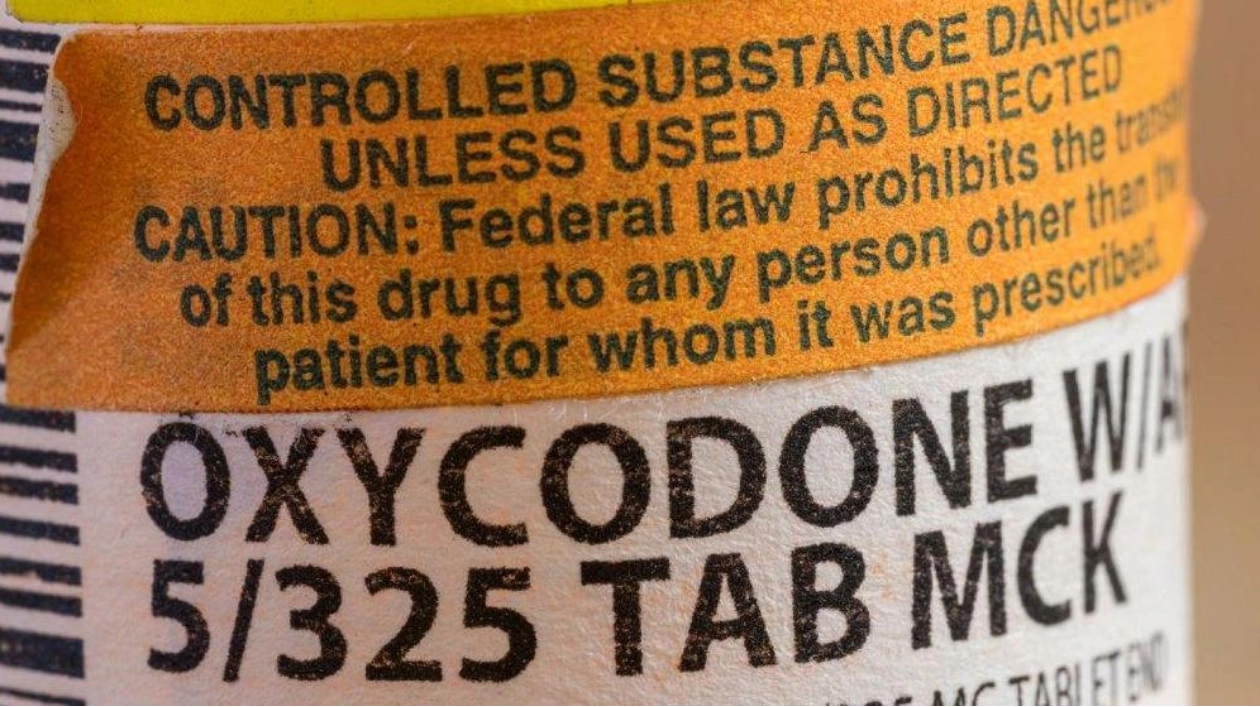A highly sought-after diabetes and weight-loss medication might also shield individuals from opioid overdoses, according to a recent study. The study analyzed health records of people with type 2 diabetes and opioid use disorder. Patients prescribed semaglutide, marketed under the names Ozempic and Wegovy, were approximately one-third to one-half as likely to experience an opioid overdose within a year compared to those taking other diabetes drugs. "This is a significant reduction," says Rong Xu, an AI and biomedical researcher at Case Western Reserve University in Cleveland, whose team published the findings on September 25 in JAMA Network Open. With over 80,000 opioid overdose deaths in the U.S. in 2023, a new preventive measure could potentially save many lives. However, Xu emphasizes that the study does not conclusively prove that semaglutide prevents opioid overdoses. "We can only state that semaglutide is associated with a reduced risk," she explains. These findings pave the way for clinical trials to directly assess semaglutide's effects, Xu adds.
The study's results are the first to suggest that this class of drugs could offer such protection in humans, says behavioral neuroscientist Patricia "Sue" Grigson of Penn State College of Medicine in Hershey. "This is quite an extraordinary finding." Semaglutide is part of a drug family that mimics the gut hormone GLP-1. Initially approved for diabetes, semaglutide and its counterparts have garnered both acclaim and controversy in recent years as weight-loss treatments. However, accumulating evidence suggests these drugs may offer more than just diabetes and obesity management; they appear to have a multifaceted therapeutic potential. Preclinical studies in rodents have indicated that semaglutide can curb addictive behaviors. Early data from Grigson's team suggest that a related drug, liraglutide, reduces opioid cravings in individuals with opioid use disorder. Additionally, several studies by Xu's team this year suggest that semaglutide may provide benefits to people addicted to alcohol, tobacco, and cannabis.
For the current study, Xu's team examined electronic health records of over 33,000 individuals prescribed semaglutide or other diabetes medications and tracked opioid overdoses over the following year. Despite low overall numbers, those on semaglutide were less likely to overdose compared to those on other medications. For instance, 35 overdoses were recorded among 2,605 semaglutide users, versus 76 among 2,605 metformin users. The exact mechanism behind semaglutide's protective effect remains unclear. It's possible that the medication reduces opioid cravings, leading to lower drug use and consequently fewer overdoses, according to Grigson. In November, Grigson's team will start a clinical trial enrolling people with opioid use disorder, who will receive semaglutide alongside standard treatments, to assess the drug's impact on abstinence from opioids. Xu's team is also exploring whether semaglutide could benefit individuals using stimulants like methamphetamine and cocaine, hypothesizing that the medication might influence a fundamental biological mechanism driving drug cravings.
Pharmacoepidemiologist Serena Jingchuan Guo contemplates whether semaglutide could be used preventively, such as in pain management plans for patients receiving opioids post-surgery. This approach might prevent opioid addiction from developing in the first place. However, Guo, from the University of Florida in Gainesville, warns that many questions about semaglutide and its relatives remain unanswered, including the specific biological mechanisms they affect. While some view it as a "miracle drug," she notes, "there are still many unknowns."






